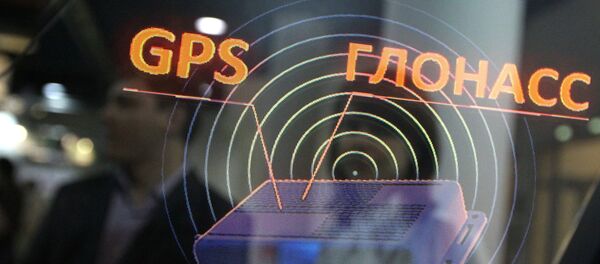Trey Forgety, director of government affairs for the National Emergency Number Association, explained that GLONASS would be required because US systems fail to cover enough territory.
"Our view is that we ought to be leveraging anything that is available to find someone in an emergency," he said.
GLONASS is thought to be more accurate than its American counterpart GPS, which uses technology on cellphones that reportedly works well outdoors but badly indoors, according to the Washington Times.
However, the plan has already raised national security concerns among some members of the US Congress.
They have warned that if it was enacted, Russia would be able to affect America’s 911 capabilities and spy on the whereabouts of first responders.
Russia has been developing GLONASS since 1976 in line with instructions from the Defense Ministry.
The system, which was launched into orbit in 1982, currently comprises a network of 28 satellites.



